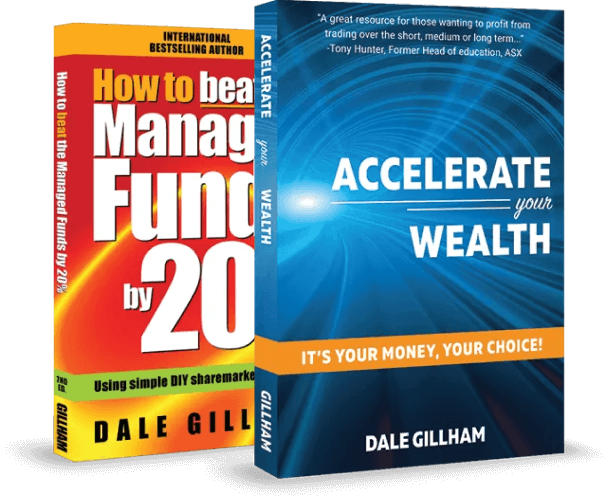Has Alan Joyce Acted in the Best Interest of Shareholders?

By Dale Gillham
Alan Joyce, now ex-Qantas CEO, has been the centrepiece in the news in the last few weeks with the ACCC taking action against Qantas, but little has been said about the long-suffering shareholders and when the share price will rise. You have to wonder why Alan Joyce sold most of his shares in June knowing that the Board was going to announce a very healthy profit of 1.7 billion after tax. He would have also known about the ACCC investigation. You can’t help but raise an eyebrow and shake your head with a hint of scepticism.
Is Qantas better or worse off since its ASX debut?
Joyce was at Qantas for 20 years and became CEO in 2008 during the middle of the GFC. If you held Qantas shares since January 2008, your capital would have grown 111 per cent over 15 years or in rough figures around 8 per cent per year. If you bought just prior to the GFC, then over the last 16 years, your capital would have grown just over 2 per cent. Right now, the stock is down over 12 per cent with most of the fall occurring in the last month or so.
The question everyone should be asking is whether Australia’s airline is better or worse off than it was 20 years ago, bearing in mind that it was run by the government before it was listed on the stock exchange in 1995. In my opinion, I dare say it is the latter.
Like so many large corporates, the reason it is worse off is because it is driven by the big shareholders, like the institutions, who focus on making a profit from trading the stock rather than protecting and growing a legacy. This short-term thinking is about cost-cutting and making huge profits knowing that if they get into trouble, the government will bail them out like they did during the pandemic.
This American style of double-digit growth at all costs has filtered into our market over the past few decades, which does not inspire loyalty to a brand or show that a company is a good corporate citizen. It also creates large swings in the share price, which is often to the detriment of the ordinary shareholders who generally invest in companies they believe in long term.
What were the best and worst performing sectors last week?
The best performing sectors included Energy up 0.60 per cent followed by Healthcare down 0.40 per cent and Industrials down 1.10 per cent. The worst performing sectors included Materials down 2.98 per cent followed by Consumer Discretionary down 2.29 per cent and Information Technology down 2.28 per cent.
The best performing stocks in the ASX top 100 included IGO up 3.40 per cent followed by Computershare up 2.06 per cent and Brambles up 1.07 per cent. The worst performing stocks included Orora down 23.58 per cent followed by The Star Entertainment Group down 6.63 per cent and Reliance Worldwide down 6.25 per cent.
What's next for the Australian stock market?
Even though the market had risen around 2.5 per cent the prior week, last week I cautioned investors that it was best to have the mindset that the market could fall as we have seen so many times in the last three years. As I have said many times, just when we think the market is bullish it does the opposite. Well, this occurred last week, as the All Ordinaries Index fell 1.76 per cent. While I was expecting more volatility in the market, I was leaning more toward the move being a fast rise rather than a sharp fall as we saw over the past four trading days to Friday's close.
Given the fall last week, I suspect we will see further falls lasting into October and possibly back down to around the 7,000 points support level I have mentioned several times in the past. While I will continue to say that anything is possible in the current market conditions, again, I strongly recommend you have a stop loss on every stock you own in case we see further downside.
For now good luck and good trading.
Dale Gillham is the Chief Analyst at Wealth Within and international bestselling author of How to Beat the Managed Funds by 20%. He is also the author of the bestselling and award-winning book Accelerate Your Wealth—It’s Your Money, Your Choice, which is available in all good bookstores and online.






